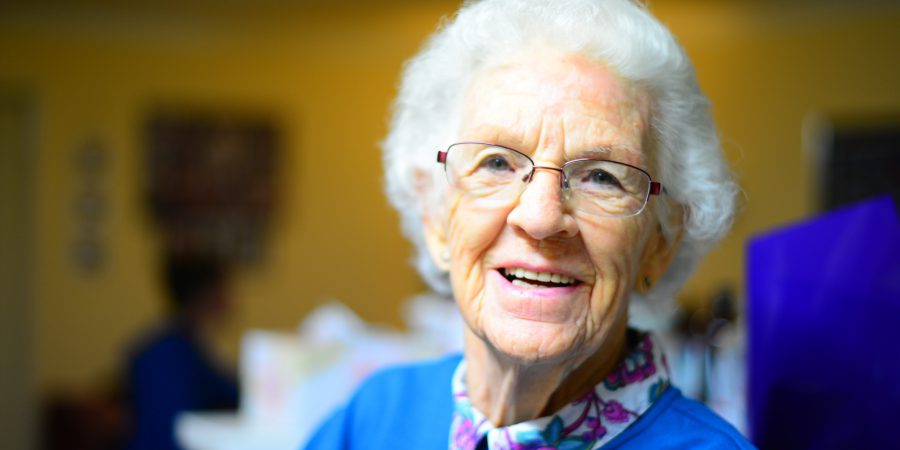Did you know that one in five Canadians believes they know of a senior who might be experiencing some form of abuse? Although this is not an area that falls within our authority as an organization, in this blog post, we wanted to share some important information from the Government of Canada and BC to help you detect the signs of elder abuse and know where to go for help.
What is elder abuse?
According to the Government of BC website, elder abuse is “any action by someone in a relationship of trust that results in harm or distress to an older person.” Common kinds of elder abuse include physical, psychological and financial. It’s important to know that abuse can be a single incident, or a series of repeated behaviour.
What are the signs of elder abuse?
There can be a range of signs, and it can be hard to detect elder abuse. Here are some of the most common signs that a senior is being victimized or neglected:
- fear, anxiety, depression or passiveness in relation to a family member, friend or care provider
- unexplained physical injuries
- dehydration, poor nutrition or poor hygiene
- improper use of medication
- confusion about new legal documents, such as a new will or a new mortgage
- sudden drop in cash flow or financial holdings
- reluctance to speak about the situation
Where can I go for help?
If you suspect someone elderly you love is being abused, there are resources available. Visit this page from Government of BC to find out where to get help. Get more information about elder abuse on this page.
ADDITIONAL READING:
Have you had “the talk”? Steps to take & 5 tips about funeral services
Writing your will
Cemetery and funeral services: do you know your rights?



This is a subject very dear to my heart, so much so, that after my mother-in-law passed with Alzheimer and I saw the neglect at levels of nursing homes as well as 2 hospitals, at 49 went back to school to become a registered care aid in hopes of trying to do my part to change this. Without advocates for especially dementia and alzheimer, these seniors are at the greatest risk for abuse. It sickens me to think that another human being can neglect rather than protect and care for the vulnerable in a humane manner.